Written with love, shared with joy.
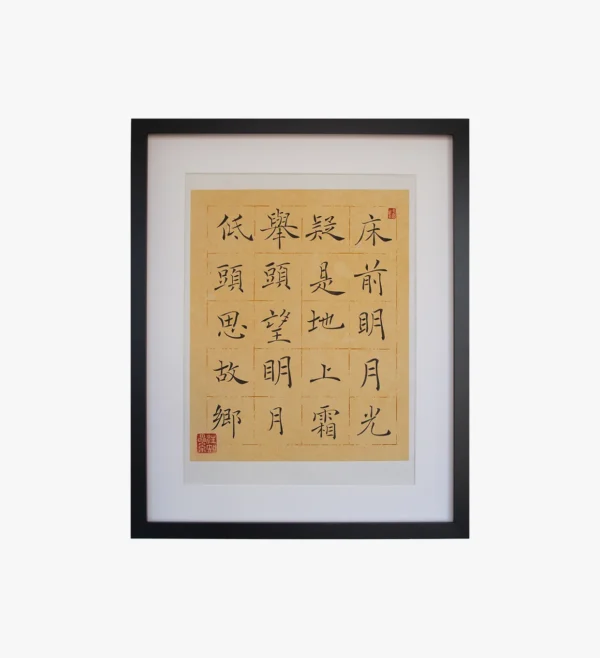
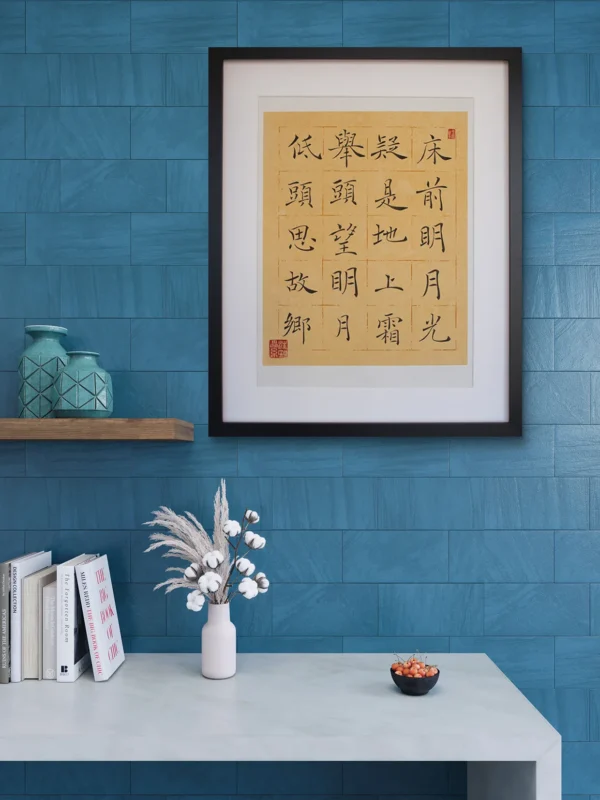
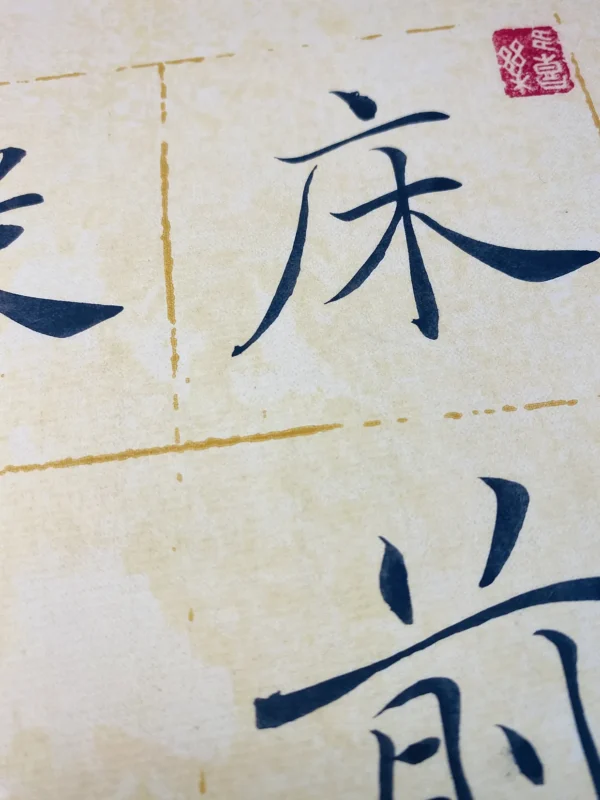
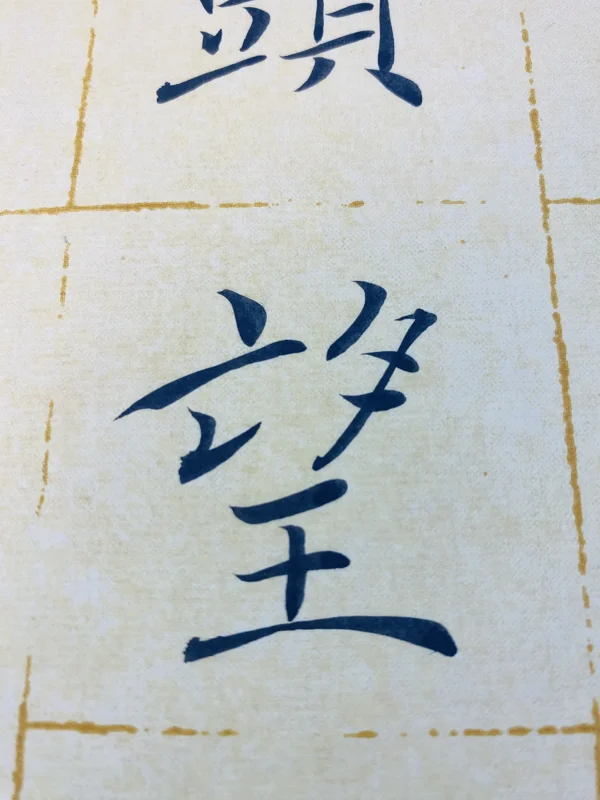
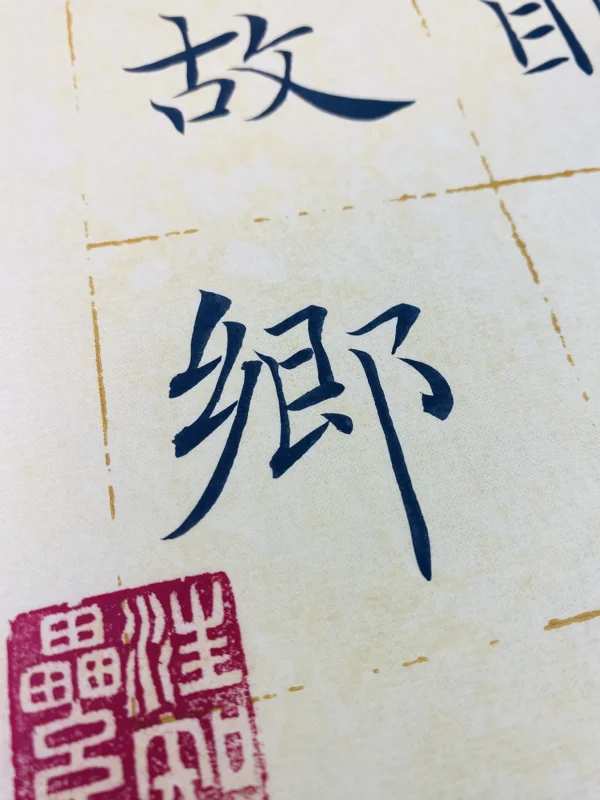
Handwritten Chinese Calligraphy Wall Hanging with Li Bai Nostalgia Poem
$220.00
A meaningful gift for those far from home. This elegantly framed Chinese calligraphy wall hanging displays Li Bai’s touching nostalgia poem, beautifully handwritten to symbolise remembrance and connection.
A perfect blend of artistry and cultural depth, this piece of wall hanging with nostalgia poem will add a touch of elegance and emotional resonance to your space.
- Materials: Handmade calligraphy on premium rice paper with an antique finish.
- Design: Soft yellow background with an antique tone complements the historical and cultural significance of the poem.
- Calligraphy: Features Li Bai’s poetic line, handwritten using traditional brush techniques.
- Seals: Stamped with the artist’s personal name seal and leisure seal for authenticity.
- Dimensions: 40 cm x 50 cm.
This wall-hanging artworks comes with the IKEA RÖDALM black frame by default. If you prefer a white frame, please specify your preference in the Order Notes section at checkout.
The Meaning and Origin of the Words
Immerse yourself in the timeless poetry of the Tang Dynasty with this stunning calligraphy wall hanging with nostalgia poem by Li Bai, featuring his iconic “Quiet Night Thoughts” (静夜思) written in traditional Chinese characters. Rendered on a soft, antique-toned background, this artwork combines the sophistication of classical calligraphy with the heartfelt emotions of one of China’s most beloved poets.
About the Poem:
“Quiet Night Thoughts” is a short yet profoundly moving piece that captures Li Bai’s feelings of homesickness as he gazes upon the moonlit night.
Original Poem Text:
“床前明月光,疑是地上霜。
舉頭望明月,低頭思故鄉。”
Translation:
“Before my bed, the bright moonlight gleams,
It seems like frost upon the ground.
I lift my head to gaze at the bright moon,
Then lower it, filled with thoughts of home.”
Li Bai’s “Quiet Night Thoughts” (静夜思) is one of the most cherished poems in Chinese literary history. Despite its brevity, the poem captures profound emotions through vivid imagery and simplicity of language, making it universally relatable across cultures and generations.
The opening lines set a tranquil yet evocative scene. As moonlight spills onto the floor, its brilliance is so pure that it appears like frost—a simile that heightens the imagery of a cold, quiet night. The poet’s observation of this natural phenomenon reflects an innate human tendency to find beauty and metaphor in the world around us. This moment of stillness and contemplation invites the reader into a shared experience of wonder.
The moonlight serves as a catalyst for deeper reflection, symbolizing both the vastness of the universe and the intimacy of personal thought. Its ethereal glow bridges the external world and the poet’s inner emotions, creating a space for introspection.
The act of looking up at the moon embodies a universal longing for connection—whether with loved ones, one’s homeland, or a sense of belonging. The moon, a recurring symbol in Chinese poetry, often represents shared experiences, as it is visible to all, regardless of distance. By gazing at the moon, the poet bridges the physical gap between himself and his homeland, connecting the present with memories of the past.
When he lowers his head, this gesture of introspection reveals the weight of homesickness. The contrast between the expansive view of the moonlit sky and the inward pull of longing encapsulates the duality of human existence: the yearning for both exploration and rootedness.
This short poem lacks both novel and imaginative concepts, as well as elaborate or ornate diction. It employs a simple, narrative tone to express the homesickness of a traveler far from home. Yet, it carries profound meaning and leaves a lasting impression, captivating readers for centuries.
A traveler in a distant land likely shares this sentiment: while the daytime might pass with distractions, the quiet depths of the night often stir waves of longing for home. And how much more so on a moonlit night, especially one graced by the frost-like brilliance of the autumn moon!
In just four short lines, the poem achieves a fresh and unadorned simplicity, as plain as spoken words. Its content is pure yet simultaneously rich. It is easy to understand but offers boundless depths of feeling to explore. What the poet leaves unsaid far exceeds what is expressed, inviting the reader’s imagination to fill the silences.
The poem’s structure is delicate and profound, yet it feels effortlessly composed, with no trace of labor. This reveals the unique charm of Li Bai’s quatrains: their natural flow, their seamlessness, and their artful ease that achieves perfection without appearing deliberate. Readers can sense the “naturalness” and the subtle mastery in the effortless craftsmanship of Li Bai’s poetic genius.
About the Poet
Li Bai (701–762 CE) was a Chinese poet acclaimed as one of the greatest and most important poets of the Tang dynasty and in Chinese history as a whole. He and his friend Du Fu (712–770 CE) were two of the most prominent figures in the flourishing of Chinese poetry under the Tang dynasty, which is often called the “Golden Age of Chinese Poetry”. Often called the “Immortal Poet,” Li Bai’s works reflect his deep appreciation for nature, his pursuit of personal freedom, and his philosophical musings on life and death.
Why Choose This Wall Hanging with Nostalgia Poem?
Whether displayed in a living room, study, or meditation space, this wall hanging with “Quiet Night Thoughts” offers a serene reminder of the beauty of simplicity, the power of art, and the ties that bind us to our roots. Besides, Li Bai’s poetry is a cornerstone of Chinese cultural heritage, making this artwork both a decorative and educational treasure.
Celebrate the timeless beauty of Chinese poetry and calligraphy with this unique artwork, where ancient wisdom meets artistic expression!
| Weight | 1.29 kg |
|---|---|
| Dimensions | 3 × 40 × 50 cm |
Only logged in customers who have purchased this product may leave a review.


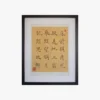

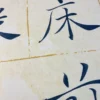
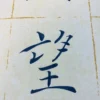

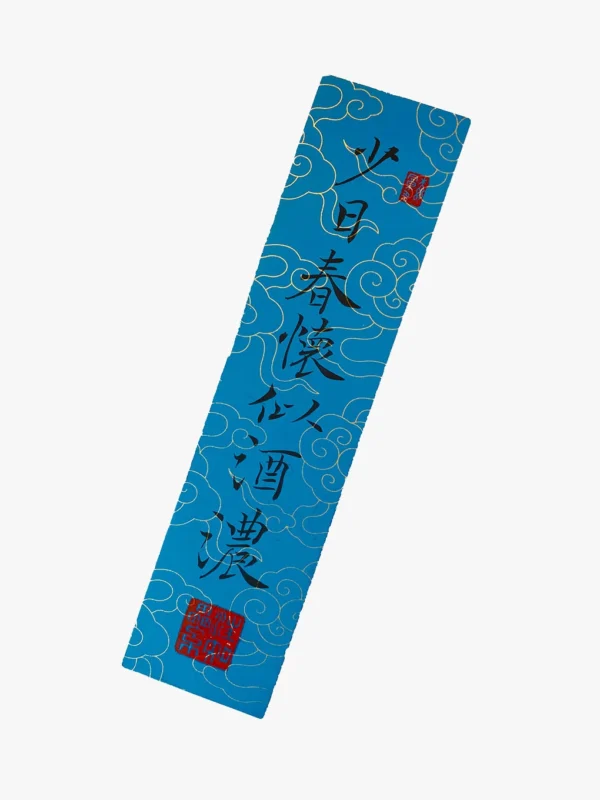
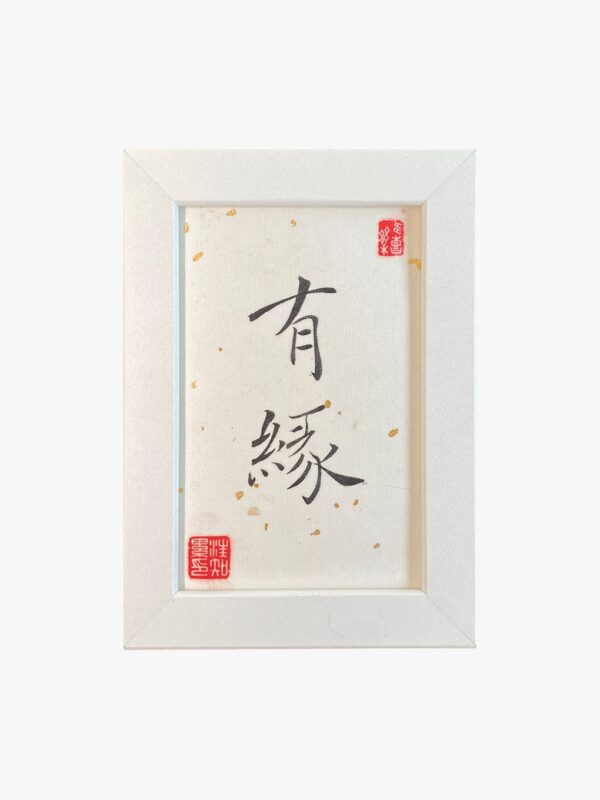
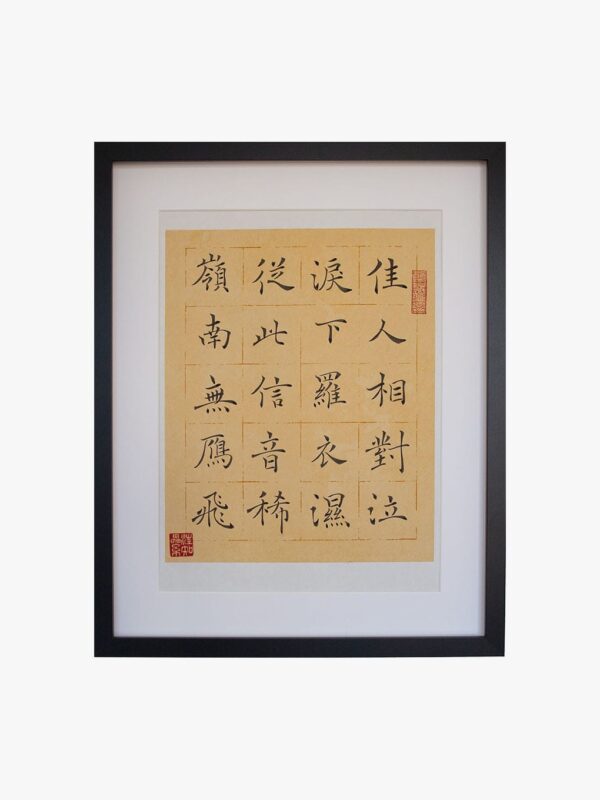
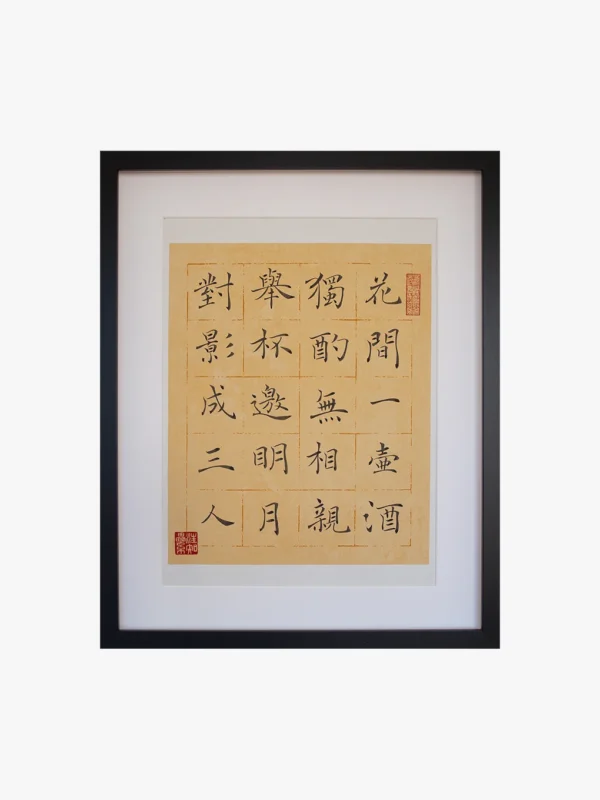
Reviews
There are no reviews yet.